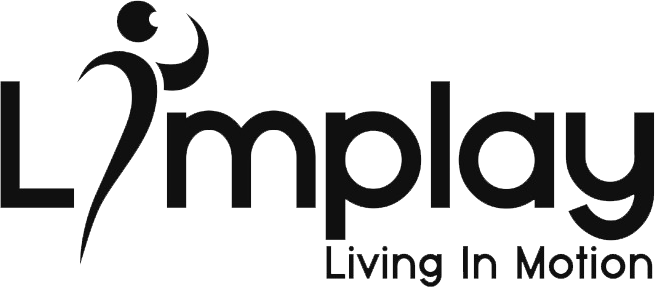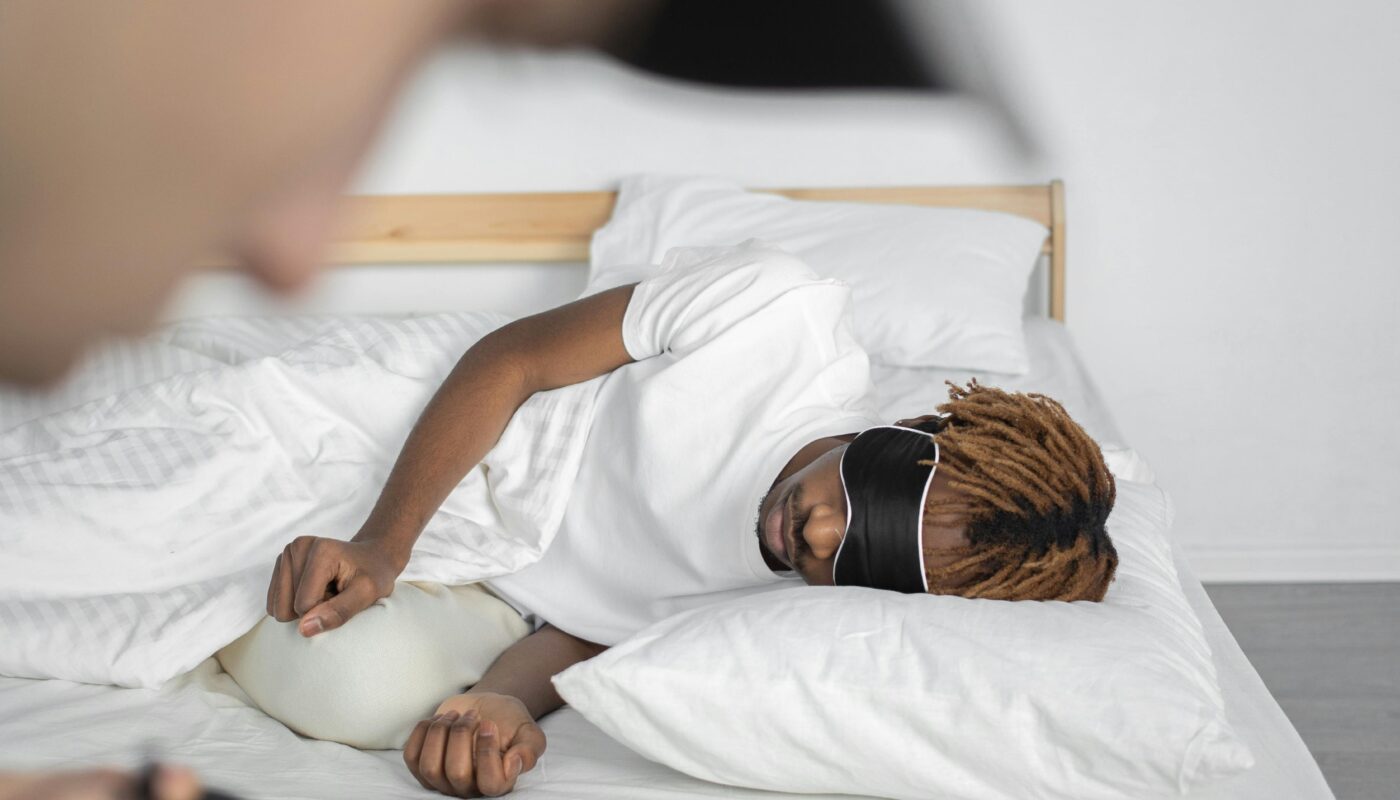In a world that prizes productivity and constant connectivity, sleep often takes the backseat. Yet, poor sleep affects everything from mental clarity to long-term health. Enter biohacking sleep—a science-driven approach that uses small, intentional changes to optimize rest. Unlike quick fixes or sleeping pills, biohacking leverages natural methods backed by research to help you fall asleep faster, stay asleep longer, and wake up more refreshed.
What Is Biohacking Sleep?
Biohacking is the practice of experimenting with lifestyle, environment, and biology to improve performance. When applied to sleep, it involves identifying and adjusting factors—like light, diet, stress, and routine—that affect the body’s natural sleep-wake cycle (also called the circadian rhythm). Instead of relying on pharmaceuticals, biohacking sleep uses a mix of behavioral science, neuroscience, and nutrition to achieve results.
The Science Behind Sleep
Sleep is regulated by two main processes: the circadian rhythm, which aligns with day-night cycles, and sleep pressure, which builds the longer you stay awake. Biohacking works by fine-tuning these processes so they function at their best. That means supporting melatonin production, reducing stress hormones like cortisol, and creating conditions that allow for deep, restorative rest.
Science-Backed Biohacks for Better Sleep
- Control Your Light Exposure
- Morning Light: Studies show that exposure to natural light within an hour of waking helps reset the circadian rhythm. Step outside for 10–15 minutes in the morning sun.
- Evening Darkness: Limit blue light from screens 2 hours before bed. If unavoidable, use blue-light blocking glasses or screen filters. Research from Harvard Medical School confirms blue light suppresses melatonin more than other wavelengths.
- Optimize Your Bedroom Environment
- Temperature: Sleep scientists recommend keeping the bedroom between 60–67°F (15–19°C) for optimal sleep. Cooler temperatures signal to the body it’s time to rest.
- Sound: White noise machines or apps can mask disruptive sounds, while earplugs may help in noisy environments.
- Darkness: Blackout curtains or sleep masks support melatonin production by blocking ambient light.
- Nutrition and Timing
- Avoid heavy meals and alcohol close to bedtime, as both can interfere with REM sleep.
- Magnesium-rich foods like spinach, almonds, and dark chocolate support relaxation.
- A small, complex carbohydrate snack (like oatmeal) can boost serotonin, which converts to melatonin.
- Breathing and Relaxation Techniques
- Practices such as the 4-7-8 breathing method (inhale 4 seconds, hold 7, exhale 8) activate the parasympathetic nervous system, lowering stress.
- Mindfulness meditation before bed has been shown to improve insomnia and sleep quality in multiple clinical trials.
- Consistent Sleep Schedule
- Going to bed and waking up at the same time every day, even on weekends, reinforces circadian rhythm stability.
- A Stanford study found that irregular sleep schedules increase “social jet lag,” which disrupts both mood and energy.
Beyond Basics: Advanced Biohacks
- Cold Showers or Contrast Therapy: Cooling the body pre-bed can signal it’s time for sleep.
- Wearables and Trackers: Devices like Oura Ring or Whoop can monitor sleep stages, giving feedback to adjust routines.
- Aromatherapy: Essential oils such as lavender and chamomile have demonstrated calming effects in small studies.
Common Pitfalls to Avoid
While biohacking emphasizes experimentation, it’s important not to overcomplicate. Constantly tracking and optimizing can create anxiety—ironically making sleep harder. Experts recommend implementing one or two changes at a time, observing results, and adjusting gradually.
Biohacking sleep isn’t about sleeping longer—it’s about sleeping smarter. By aligning lifestyle habits with the body’s natural rhythms, you can improve energy, focus, and overall health without relying on external sleep aids. From controlling light exposure to practicing mindful breathing, the science is clear: small, natural adjustments make a big difference.
So tonight, instead of scrolling through your phone, try stepping outside at sunrise tomorrow, dimming the lights early, and creating a sleep environment your body can trust. With consistency, these hacks could turn restful nights into your new superpower.




